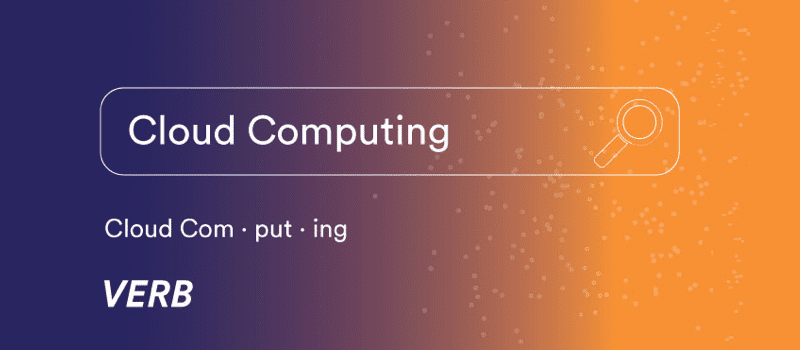There are several types of Cloud Computing in the business environment. See what are the types of cloud computing and the benefits that a cloud hosting server can bring to your business.
The need for a data storage and processing framework within the enterprise environment has been increasing over time, and the tendency is for non-conforming companies to become outdated. It is a fact that most, if not all, successful companies have their processes and dynamism supported by servers in the cloud.
What are the types of Cloud Computing?
Cloud Computing is divided into three types of service bases for different applications:
Software as a Service (SaaS)
It is the most complex cloud scheme among all since it refers to the ready and functional applications running in browsers, an example of use is for assists and technical support of companies, sites with browser direct functionalities like Google App’s, which replaces installed directly on the device.
Platform as a Service (PaaS)
As the name already says, it refers to a platform for applications and development with cloud computing components, thus being a framework for developers.
Infrastructure as a Service (IaaS)
Represents the cloud computing infrastructure partition and the base of access, monitoring and remote administration of data centers. It is the cruder division among the three because it is up to the user to manage all processes, programs, and operating systems.
There are three types of deployments for Cloud Computing. They are :
Private Cloud:
The Private Cloud is used in the enterprise to store, manage and process data. Its contents are stored on internal servers, that is, they are processes that only the company has access to.
The private cloud is suitable for medium and large companies, which have a very high demand for processing that a provider cannot supply, but the expense of physical infrastructure and labor reach exorbitant levels.
Public Cloud:
Public Cloud is the best choice for SMBs since they do not need massive investments in storage and processing equipment and manpower because a provider will take care of that. Data is stored in environments where there may be.
Hybrid Cloud:
Hybrid Cloud refers to the two previous types of joined clouds, that is, when a company has the infrastructure for internal processes but uses public cloud services to serve as an addition to its efficiency.
Cloud computing has several applications and advantages such as:
ERP In The Cloud:
Its enterprise management and automation software if stored and processed in the cloud is even more efficient and secure. Since the company cannot run out of the system, storage in the cloud only brings advantages.
Backup:
Monitored and controlled backup is the largest shield against virtual threats since once you need access to the internet or constant movement of files, the risks of malicious software intrusion that can paralyze the operation of the company only increase.
Disaster Prevention:
In the middle of business, accidents can happen, as for example: lack of electricity, infiltrations that damage equipment, among others. Keeping data on a protected and monitored server reduces the damage and prevents a business from being paralyzed and even terminated.
Business Concentration:
It avoids many of the problems caused by IT bottlenecks, making technology needs simpler to deal with and solve, not requiring in-depth knowledge to manage business processes.
Reduced Costs:
Maintenance costs, equipment exchanges, energy costs, among others, are drastically reduced, since the provider has the responsibility of maintaining the system with the latest technology and through the consulting it is possible to determine the specific use of each customer, preventing it from spending more than it needs.
Independent:
The basis of a cloud server is to enable the user to access his data remotely and that means that regardless of where he is, as long as he has access to the internet, it is possible to access the system, monitor, work wherever he is, operation and optimization in business.







